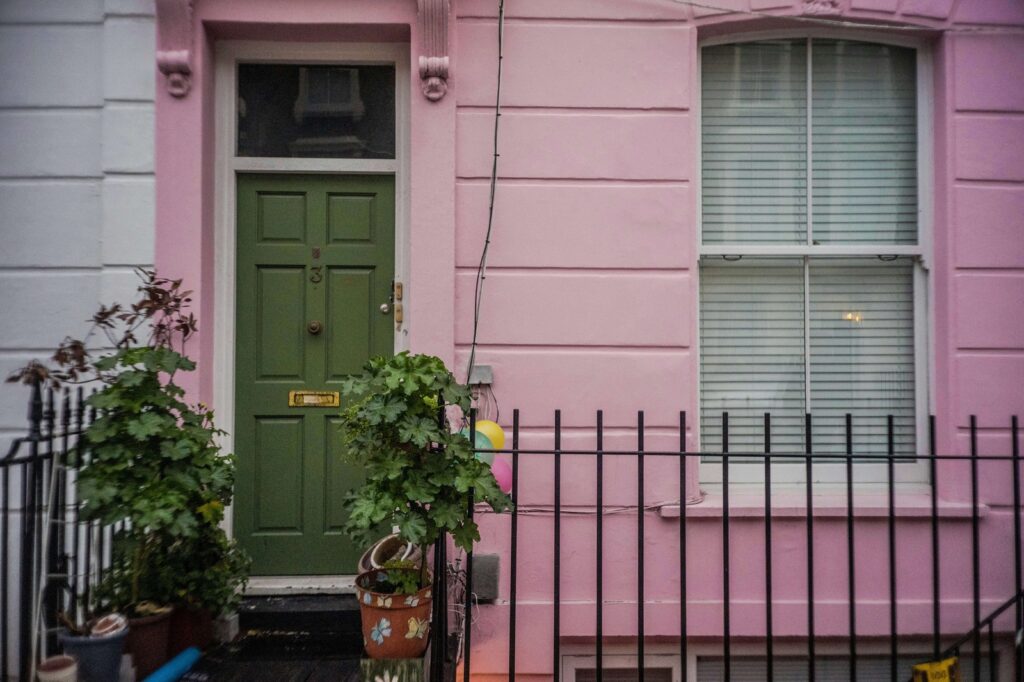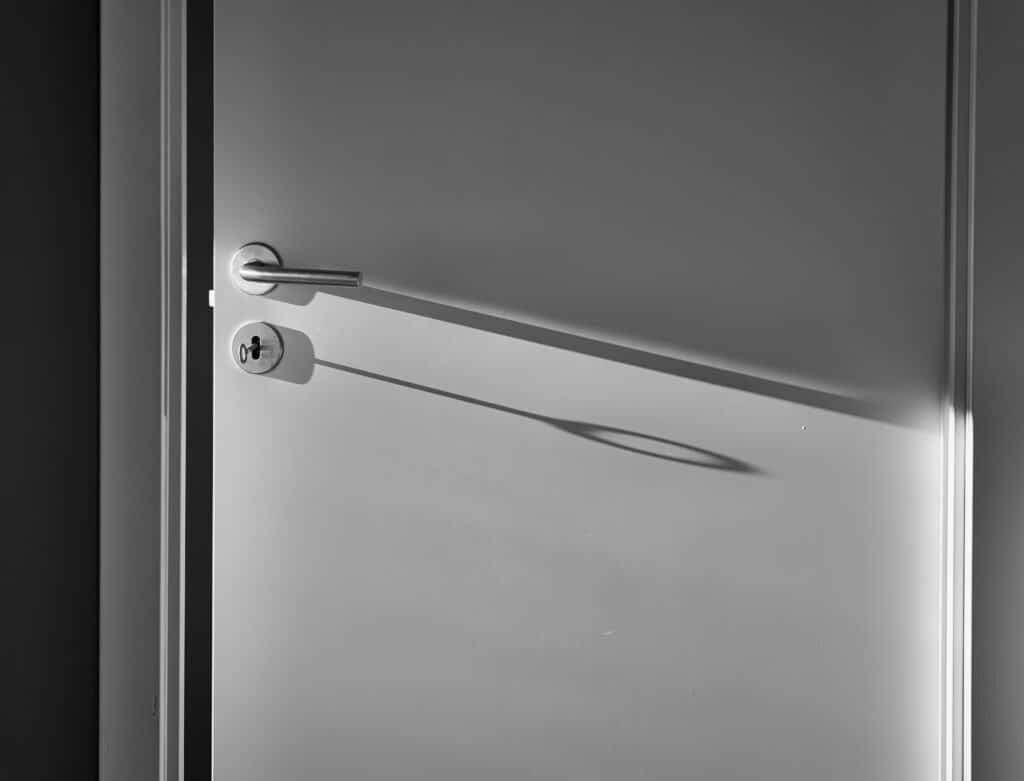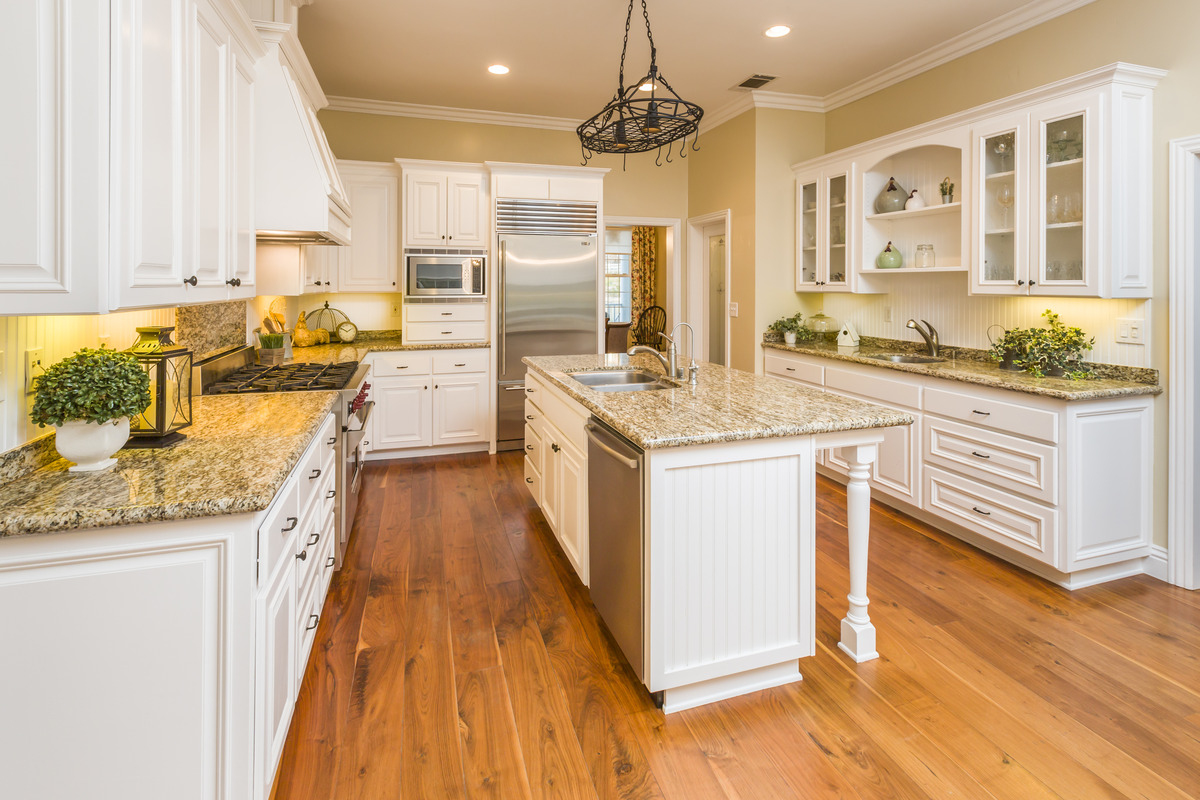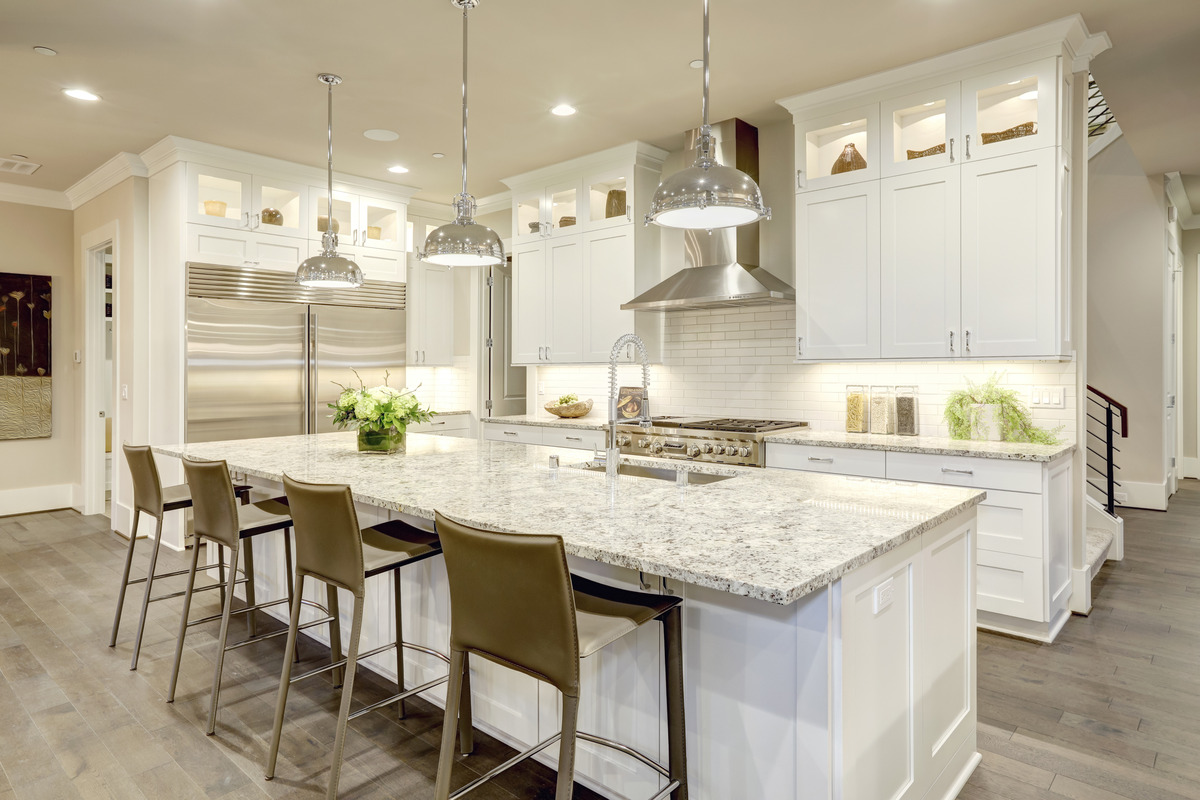5 Proven Ways to Reduce Noise in Your Home
If your place is feeling too loud and you are bothered by noises from cars, neighbors, or anything else, you’re in the right place. In this article, we share five simple ways to reduce noise in your home and enjoy a quieter living environment.
1. Impact-Resistant & Soundproof Windows
Windows are often the main source of unwanted sounds in our homes. They’re basically the ears of your house that catch all types of sounds from outside. While regular windows can let a lot of noise in, there are also special ones called noise reduction windows, made specifically for sound insulation.
What Are Soundproof Windows?
At first glance, a soundproof window might look similar to a standard one. But the difference lies in how they’re built. Compared to regular ones, soundproof windows usually feature thicker glass and often come with multiple panes separated by spaces filled with sound-absorbing gasses.
The window frame also plays a role in sound reduction. They’re typically made from materials like vinyl or fiberglass that don’t conduct sound well. In addition, the frames of these sound-resistant windows create a tight seal when the window is closed, so there are no gaps for unwanted noise to sneak in.
How Does Window Noise Reduction Work?
Window noise reduction works by setting up barriers that make it tough for sound waves to get through. Regular windows don’t have such barriers, which is why you can catch traffic noise even when your windows are shut.
Thanks to window soundproofing features, they’re able to stop sound from getting in. The best windows for noise reduction even come with a vacuum between the panes, which is effective at blocking sound since sound waves can’t move through a vacuum at all.
Single-Pane, Double-Pane, and Triple-Pane Windows
When choosing soundproof windows for your home, you may come across terms like single-pane, double-pane, and triple-pane. These are the number of glass layers the window has:
- Single-pane windows have only one layer of glass. They’re not the best at window soundproofing or stabilizing your home’s temperature. If you’re an owner of single-pane windows and live in a busy area, you’re probably familiar with outside sounds.
- Double-pane windows have two layers of glass with a gap between them. That gap is usually filled with air or a special gas that helps block unwanted noise and better insulate your home. Double-pane windows are way better than single-pane when it comes to cutting down noise.
- Triple-pane windows step it up even more with three layers of glass and two gaps between them. These features significantly impact noise levels and, as a pleasant bonus, are great at insulation.
Thus, the more panes a window has, the better it is at keeping the noise pollution outside. But when you soundproof windows from outside noise, remember that the transition from single to double-pane usually makes a bigger impact than going from double to triple-pane.
2. Door Noise Cancellation
Similar to windows, doors can often be sound conductors. However, with a little bit of effort, we can successfully block the sound that comes from doors, too.
Reducing Noise from the Entry Doors

The first way to soundproof your entry door is weather stripping. This door noise reduction method implies filling in any gaps around the edges of the door. You can find weather stripping in most hardware stores, and it’s relatively easy to install. The material can be different, from rubber and foam to vinyl. You might also need to check your weather stripping regularly and replace it when it starts to wear out.
A door sweep is another option, and it’s a strip that goes along the bottom of your door. A door sweep helps block the gap between the door and the floor, which can be a highway for noise. When installing a door sweep, make sure it’s the right size for your door and that it creates a good seal with the floor without making it difficult to open and close.
If you’re serious about soundproofing, consider replacing your hollow entry door with a solid core one. Solid wood doors are great for sound blocking, but there are also less expensive options, like solid core doors with a wood veneer. The extra mass of these doors not only blocks more sound but can also help with insulation and security.
Interior Doors
Don’t forget about the doors inside your home, as they can create quiet zones in different rooms. Just like with entry doors, solid interior doors are much better at blocking sound. If you have lightweight, hollow core doors, consider upgrading to solid wood doors. While this can be a significant investment, it can improve the acoustics of your home, especially for rooms where you need extra quiet, like bedrooms or home offices.

But if you’re not ready for the complete door replacement, door gaskets are the way to go. When the door closes, it compresses the gasket, creating a tight seal that blocks sound. You can find adhesive-backed foam gaskets that are easy to install around the door frame. Be sure to clean the door frame thoroughly before applying the gaskets to ensure they stick properly.
Soundproof Sliding Doors
While weather stripping and door gaskets work well for standard doors, sliding doors have their own challenges due to their construction. But that doesn’t mean we can’t tackle them at all!
For example, you could make use of heavy, insulating curtains. They often have multiple layers of dense fabric and sometimes even contain soundproofing materials. You can just hang them so they overlap the edges of the door frame, creating a seal when closed. Not only do these curtains help with sound, but they can also improve your home’s energy efficiency. Installing a soundproof sliding glass door with multiple panes can also make a big difference in noise reduction. Just like with noise-canceling windows, more panes mean better sound insulation. If you’re replacing your sliding doors, some manufacturers offer soundproof sliding glass doors with features like thicker glass and better sealing systems.
3. Soundproof Your Roof
The roof is often overlooked in soundproofing efforts, but it can be a major contributor to noise levels, particularly from air traffic, heavy rain, or hail. Adding insulation is one of the most effective ways to reduce noise in your home. Just like a thick blanket can muffle sounds, insulation can absorb noise from outside.
There are several types of insulation you can use, including fiberglass batts, blown-in cellulose, or spray foam. Each has its pros and cons in terms of cost, soundproofing, and ease of installation.

If you’re ready to replace your roof completely, consider materials that are good at blocking sound. Some roofing materials are specifically designed to reduce noise pollution from rain or hail. For example, metal roofs, which are often thought to be noisy, can actually be very quiet if installed with proper insulation and underlayment.
Finally, address any leaks or gaps, as this is essential for both waterproofing and soundproofing. Tiny openings in your roof can allow not only water but also noise. So, ensure that your roof is properly sealed.
4. Soundproof the Walls
Our walls are a big surface area where sound can get in (or out). So, this aspect shouldn’t be overlooked either when you aim to reduce noise transmission between rooms and from the outside.
Increasing the mass of your interior walls is a highly effective method for minimizing sound transmission. The greater the weight and density of your walls, the more difficult it becomes for sound to penetrate. You can achieve this by putting up an additional layer of drywall or by using specialized sound-dampening materials.
5. Rearrange the Furniture
Believe it or not, the way you arrange your furniture can have a big impact on noise levels in your apartment. The best part about this tip is that it’s often free and can be done immediately.
For instance, you can use bookshelves as sound barriers. Bookshelves filled with books can act like a sound-absorbing wall. Books are great at absorbing sound waves thanks to their porous nature and varying shapes.
You can also add soft furnishings to your room. Plush sofas and fluffy rugs — all of them absorb sound and can help reduce noise levels in a room. Curtains, especially made from heavy material, can do double duty by blocking outside noise and absorbing sound within the room. For the best results, go for curtains that hang from the ceiling to the floor and are wider than your windows. This will give you a bigger surface area for absorbing sound.

Conclusion
Every little step you take can contribute to reducing noise. There is no need to try all these strategies at once. Even minor adjustments can create a more peaceful environment in your home.
Besides, many of these soundproofing methods offer more than noise reduction. Improvements to your walls and windows can increase your home’s energy efficiency, which may lower your heating and cooling expenses.
If you’re experiencing major noise problems, FHIA Remodeling is here to help you with soundproofing solutions. We provide installation services for soundproof doors and windows, as well as roofs. With our high-quality products, you can rediscover the pleasure of your living space!





